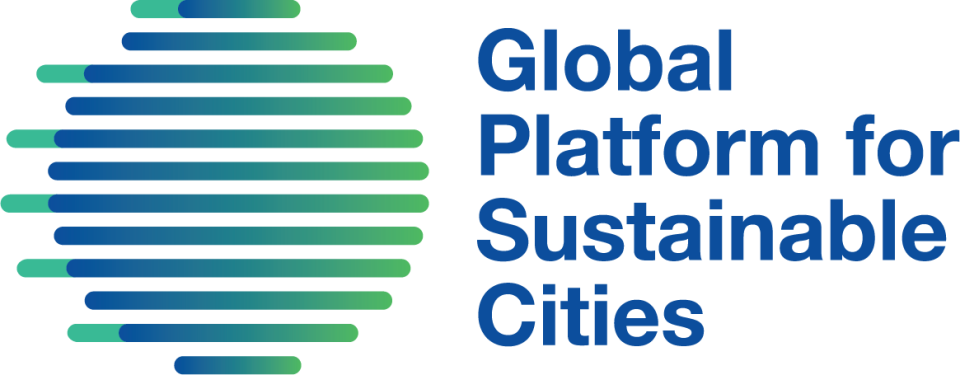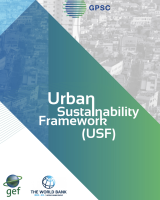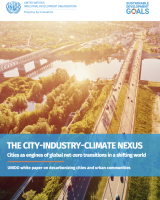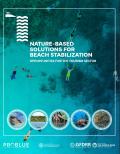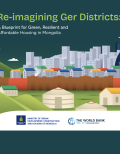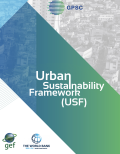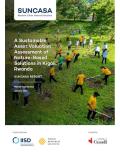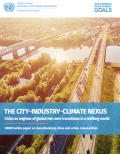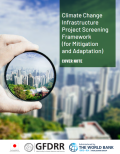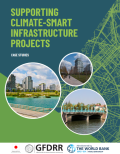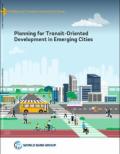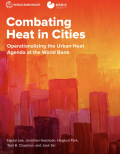Knowledge Products
The GPSC hosts a digital library featuring practical tools, reports, and case studies. Explore curated resources across thematic areas, filtering by topic or region to find the insights required to advance urban sustainability.
Urban Sustainability Framework
The Urban Sustainability Framework (USF) is a practical tool developed by the Global Platform for Sustainable Cities (GPSC) to help cities plan, finance, and implement integrated sustainability strategies. Designed for policymakers and practitioners, the USF supports cities in moving beyond sector-by-sector planning toward a holistic approach that balances economic growth, environmental stewardship, and social inclusion. At its core, the USF helps cities answer three fundamental questions: Where are we now? Where do we want to go? How do we get
Report
Nature-based Solutions for Beach Stabilization : Opportunities for the Tourism Sector
This report explores nature-based solutions (NBS) for beach stabilization within the Blue Economy framework, emphasizing sustainable ocean resource use for
Reimagining Mongolia’s Ger Districts: A Blueprint for Green, Resilient and Affordable Housing
Mongolia’s urban landscape stands at a crossroads of tradition and modernization. In the absence of comprehensive planning measures and development
Urban Sustainability Framework
The Urban Sustainability Framework (USF) is a practical tool developed by the Global Platform for Sustainable Cities (GPSC) to help
Sustainable Asset Valuation Assessment of Nature-Based Solutions in Kigali, Rwanda
This Sustainable Asset Valuation (SAVi) assessment evaluates the economic, social, and environmental performance of nature-based solutions (NbS) implemented under the
Climate Change Infrastructure Project Screening Framework (for Mitigation and Adaptation)
The Climate Change Infrastructure Project Screening Framework (for Mitigation and Adaptation) is a tool to help catalyze the next generation
Supporting Climate-Smart Infrastructure Projects – Case Studies
This publication presents six case studies—three international and three from Turkey—showcasing climate-smart infrastructure projects that promote green and resilient urban
Planning for Transit-Oriented Development in Emerging Cities
Urbanization is accelerating at an unprecedented pace, making sustainable and efficient urban planning critical. Planning for Transit-Oriented Development in Emerging
Exploring nature-positive buildings
The built environment sector is critical to achieving a nature-positive future, as it is responsible for nearly 30% of biodiversity
Combating Heat in Cities: Operationalizing the Urban Heat Agenda at the World Bank
This report stems from growing concern about the threat of extreme heat in urban settings and its adverse impacts on
